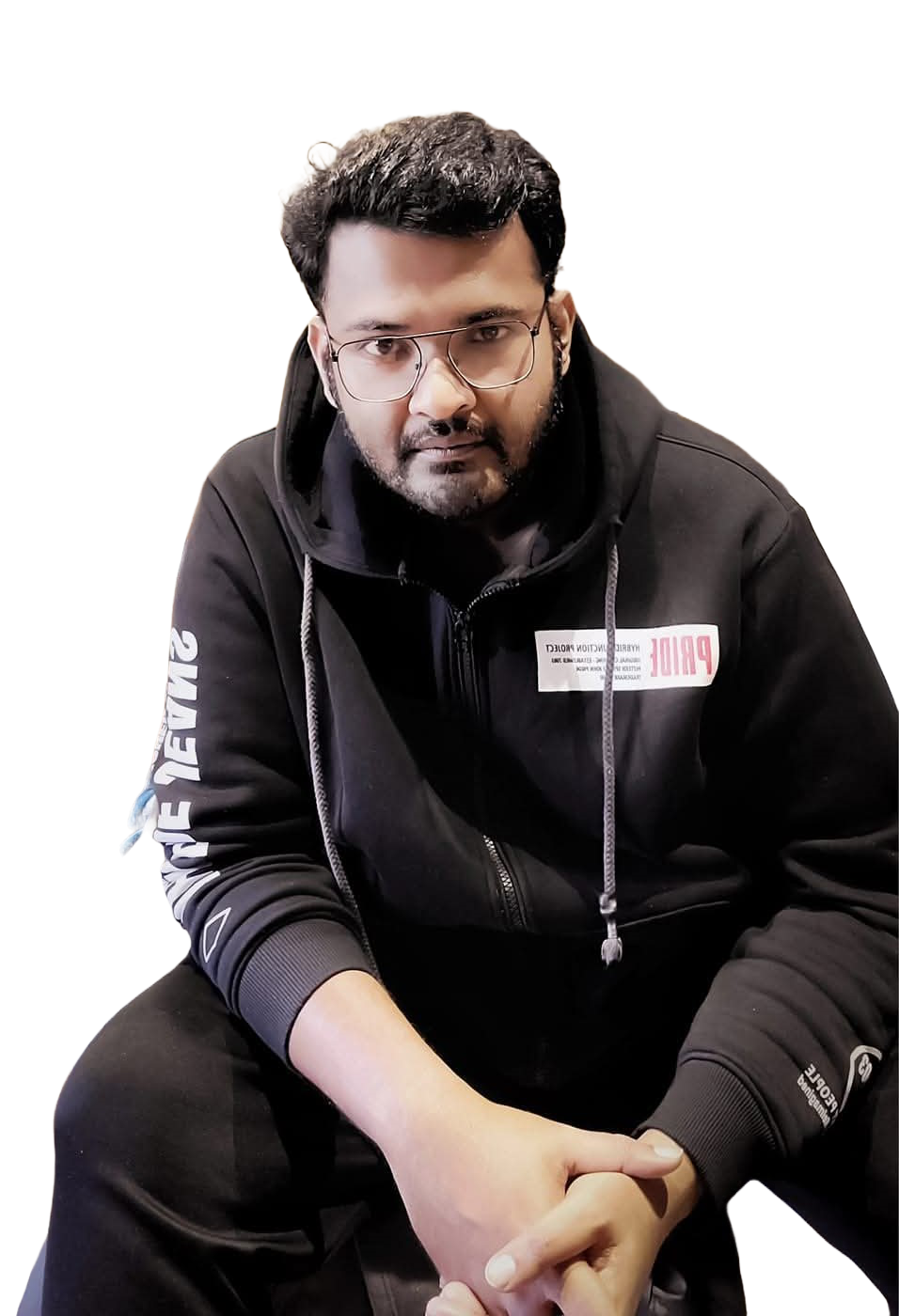
With years of expertise in diagnosing, treating, and managing various bone, joint, and soft tissue conditions, Dr. Hazra has earned a reputation for his compassionate approach and advanced medical practices. Dr. Hazra is well-versed in both surgical and non-surgical treatment methods, always prioritizing a personalized and patient-centered approach. Whether it's through advanced surgical procedures or tailored rehabilitation plans, his focus is on restoring function and improving the quality of life for every patient.
What Our Happy Clients Say
Dr. Bimalendu Bikash Hazra is an exceptional orthopedic surgeon! I was suffering from severe knee pain for years, and he provided me with the best treatment plan. His expertise, patience, and dedication made my recovery smooth. Today, I can walk pain-free, all thanks to him.
I had a complex fracture, and Dr. Bimalendu Bikash Hazra performed my surgery with great precision. His attention to detail and post-operative care were outstanding. I am extremely grateful for his skill and compassion. Highly recommended.
Dr. Hazra is one of the best orthopedic surgeons I have ever met. His diagnosis was accurate, and he explained my condition in a way I could easily understand. His treatment helped me regain mobility, and I couldn’t be more satisfied. Thank you, doctor